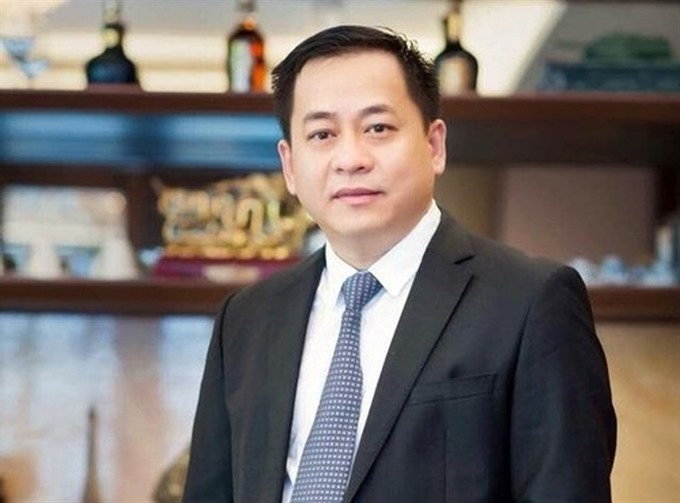 Politics & Law
Politics & Law

Vietnam News Agency talks to Đinh Thế Hưng PhD, Head of the Criminal Law Department at the Institute of State and Law, Vietnam Academy of Social Sciences, about cases in which the court may permit a closed trial instead of an open (or public) trial in light of the upcoming trial of Phan Văn Anh Vũ.
 |
| Phan Văn Anh Vũ |
Vietnam News Agency talks to Đinh Thế Hưng PhD, Head of the Criminal Law Department at the Institute of State and Law, Vietnam Academy of Social Sciences, about cases in which the court may permit a closed trial instead of an open (or public) trial in light of the upcoming trial of Phan Văn Anh Vũ.
What constitutes a closed trial?
A closed trial is a trial in which not everyone can be present, as opposed to a public trial. The charges, the verdicts and sentences (in cases where the defendants are convicted), however, must be publicised.
Typically in a closed trial there are a trial panel, the prosecutors, court clerk(s), defendants and their lawyers, relevant persons, witnesses and anyone whose presence is deemed necessary by the court.
Under which legal guidelines are closed trials held?
The 2013 Constitution demands that trials should be open to the public because the laws’ objective is to deter criminal activities and to raise public awareness and respect for the laws among the population. The only exceptions to this rule are when State secrets are involved; to protect underage persons; to respect relevant persons’ privacy should a request for a closed trial be considered appropriate. The 2015 Penal Code strictly follows the spirit of the 2013 Constitution and therefore, closed trials are permissible but must be considered on a case-by-case basis.
Traditionally, closed trials have been granted in cases where State secrets were involved, crimes of a sexual nature, especially when the victims were minor and female to protect them.
For example, in October 2014, the People’s Court of Hà Nội held a closed trial for a rape case which involved a former deputy head of the national sports committee. The court granted the request of the victim’s family (the victim was a minor at the time of the trial) for a closed trial. The victim, the family and the witnesses were not seen at the court. They were seated in separate rooms and watched the trial through a televised system. The reason behind the closed trial was to protect the identity of the victim so his or her life would not be affected because of the trial.
In reference to the upcoming trial of Phan Văn Anh Vũ, who was charged with leaking State secrets, a closed trial was permissible under Clause 1 of the State Secret Protection Act. A closed trial in this case was necessary to protect State secrets, which were deemed not beneficial or not yet appropriate to be divulged.
How will the court’s verdicts for closed trials be announced?
In the interest of protecting State secrets or the identity and privacy of relevant persons the court will not be required to disclose all the information related to the case but only the charges and the verdict under Clause 327 of the 2015 Penal Code. We should expect only the name(s) of the defendant(s), their charges and the sentences should they be found guilty. — VNS




